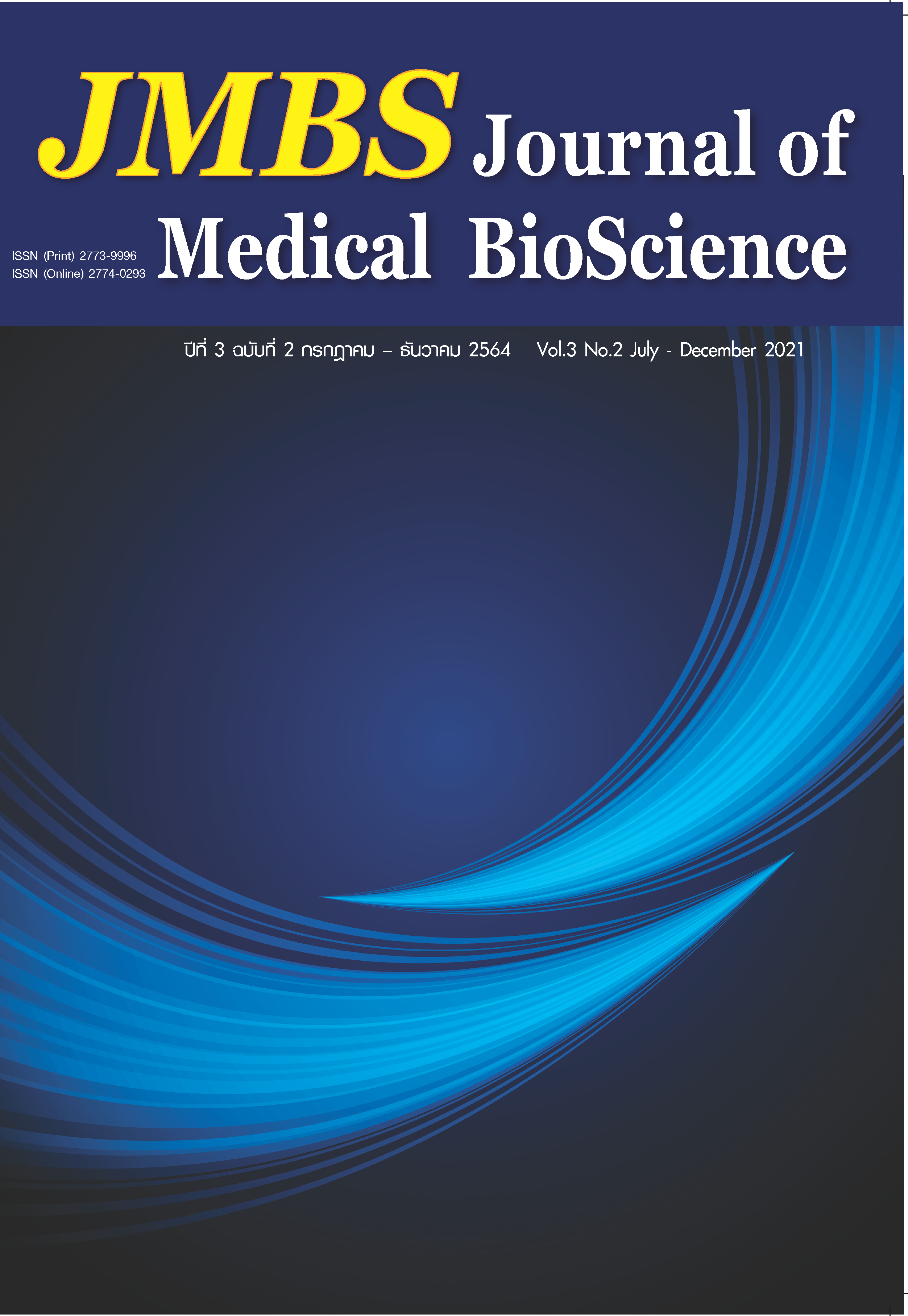Burn-out after COVID-19 pandemic: A survey of flight attendants of an airlines company in Thailand
Keywords:
Burn-out, COVID-19, flight attendantAbstract
Background: Several airlines in Thailand underwent organizational difficulties following the COVID-19 outbreak, which had an impact on their flight attendants. Burn-out has become as an increasing concern, However, there are few studies on burn-out issues in the pandemic period among airline workers in Thailand.
Objective: This study aimed to prevalence of medium to high scale of burn-out and analyze the associated factors among flight attendants after COVID-19 pandemic.
Methods: This survey was conducted among 358 flight attendants from June to November 2022. The subjects completed a self-administered questionnaire including: 1) personal and work-related questionnaire; 2) stressful event questionnaire; 3) questionnaire examining the effects of the COVID-19 outbreak; and 4) the Maslach burnout inventory-general survey (MBI-GS) Thai version. Descriptive were used to report collected data and t - tests and one-way analysis of variance (ANOVA) were used to determine associated factors before identifying predictive factors by using multiple linear regression analysis.
Results: The study recruited 358 flight attendants (age range 26 - 58, mean age 39.0 ± 7.4 years). The prevalence of medium to high scale in emotional exhaustion, cynicism, and professional efficacy was 46.6%, 63.7%, and 56.4%, respectively. Predictive factors of emotional exhaustion included older age (P = 0.015), increased indebtedness (P = 0.01), schedule dissatisfaction (P = 0.012), a lower number of qualified aircraft (P = 0.007), decreased feelings of work stability (P < 0.001), sleeplessness (P = 0.041), higher stress scores (P < 0.001), and worse mental health (P = 0.011). Predictive factors of cynicism were non-leadership position (P < 0.001), schedule dissatisfaction (P = 0.001), decreased feelings of work stability (P < 0.001), higher stress scores (P < 0.001), and worse mental health (P = 0.015). Only nonleadership position was associated with professional efficacy (P < 0.001).
Conclusion: This study identified predictive factors of burn-out in three elements including personal, work-related, and mental health factors which are older age, financial stress, schedule dissatisfaction, decreased feelings of work stability, mental health status, stress levels, and sleep quality.






